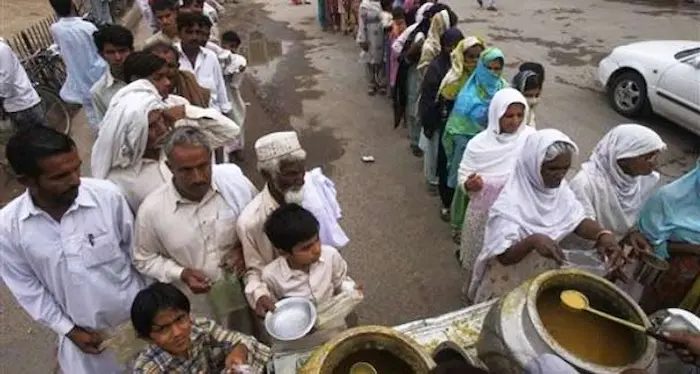
Pakistan’s defense budget hike sparks IMF concerns amid economic struggles
Pakistan’s latest defense budget hike has raised concerns among economists and global financial institutions, particularly the International Monetary Fund (IMF). Despite facing a severe cash crunch, Islamabad has decided to increase military spending by 18%, pushing its defence allocation to over Rs 2.5 trillion.
This move has sparked debates over Pakistan’s fiscal priorities, as the country struggles with high inflation, mounting debt, and IMF-imposed financial restrictions. The IMF has reportedly expressed reservations about the budget’s sustainability, questioning whether Pakistan can afford such a significant increase in military expenditure while its social and economic sectors remain underfunded.
The Defense Budget Hike: What’s Driving It?
Pakistan’s government has justified the defence budget increase as a response to rising security threats, particularly following the April 22 Pahalgam attack, which escalated tensions with India. Officials argue that military preparedness is essential to counter external threats, but critics believe the move jeopardizes economic recovery.
Key factors behind the defense budget surge include:
- Border security concerns with India, Afghanistan, and Iran.
- Counterterrorism operations against groups like Tehreek-e-Taliban Pakistan (TTP).
- Modernization of military assets, including fighter jets and missile systems.
IMF’s Response: Fiscal Sustainability at Risk
The IMF has raised concerns over Pakistan’s ability to balance its budget while increasing defence spending. The lender has reportedly asked Islamabad to identify alternative revenue sources to offset the impact of higher military expenditure and tax cuts for the middle class.
Pakistan’s debt-to-GDP ratio stands at 70%, with foreign reserves hovering around $3 billion. The IMF has warned that diverting funds to defence could undermine economic reforms, leaving education, healthcare, and infrastructure projects underfunded.
Economic Challenges: Can Pakistan Sustain This Budget?
Pakistan’s economy is already under immense pressure, with inflation exceeding 38% and a trade deficit of $25 billion. The government has postponed its budget presentation to June 10, reportedly due to disagreements with the IMF over defence spending and tax relief measures.
Economists argue that Pakistan’s fiscal policies must prioritize economic stability over military expansion. Dr. Kaiser Bengali, a leading economist, warned that diverting funds to defence could derail economic recovery, making it harder for Pakistan to meet IMF bailout conditions.
Conclusion
Pakistan’s defence budget hike has placed its economic priorities under scrutiny, with the IMF raising concerns over fiscal sustainability. While security concerns remain valid, experts believe that economic stability should take precedence.
As Pakistan navigates IMF negotiations, policymakers must strike a balance between national security and economic growth to ensure long-term financial stability.
Also read – BLA’s Capture of Surab